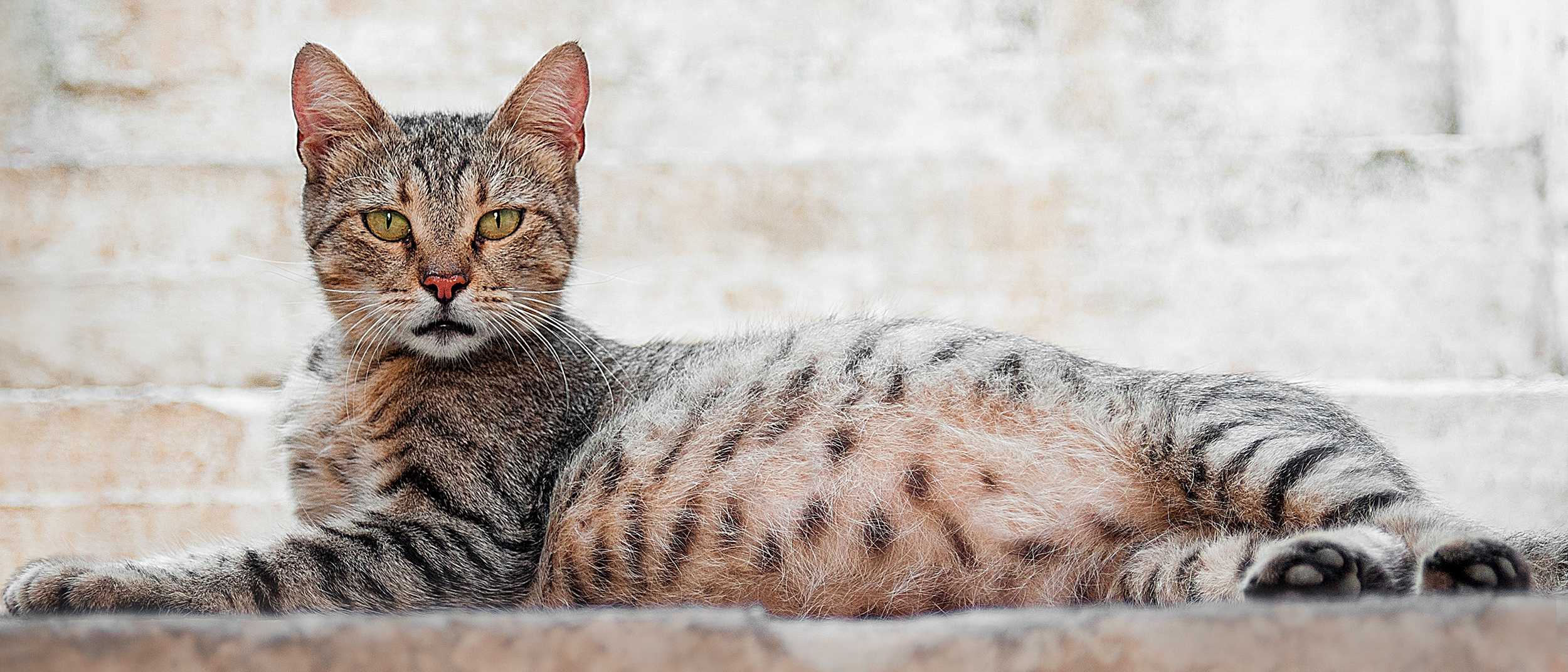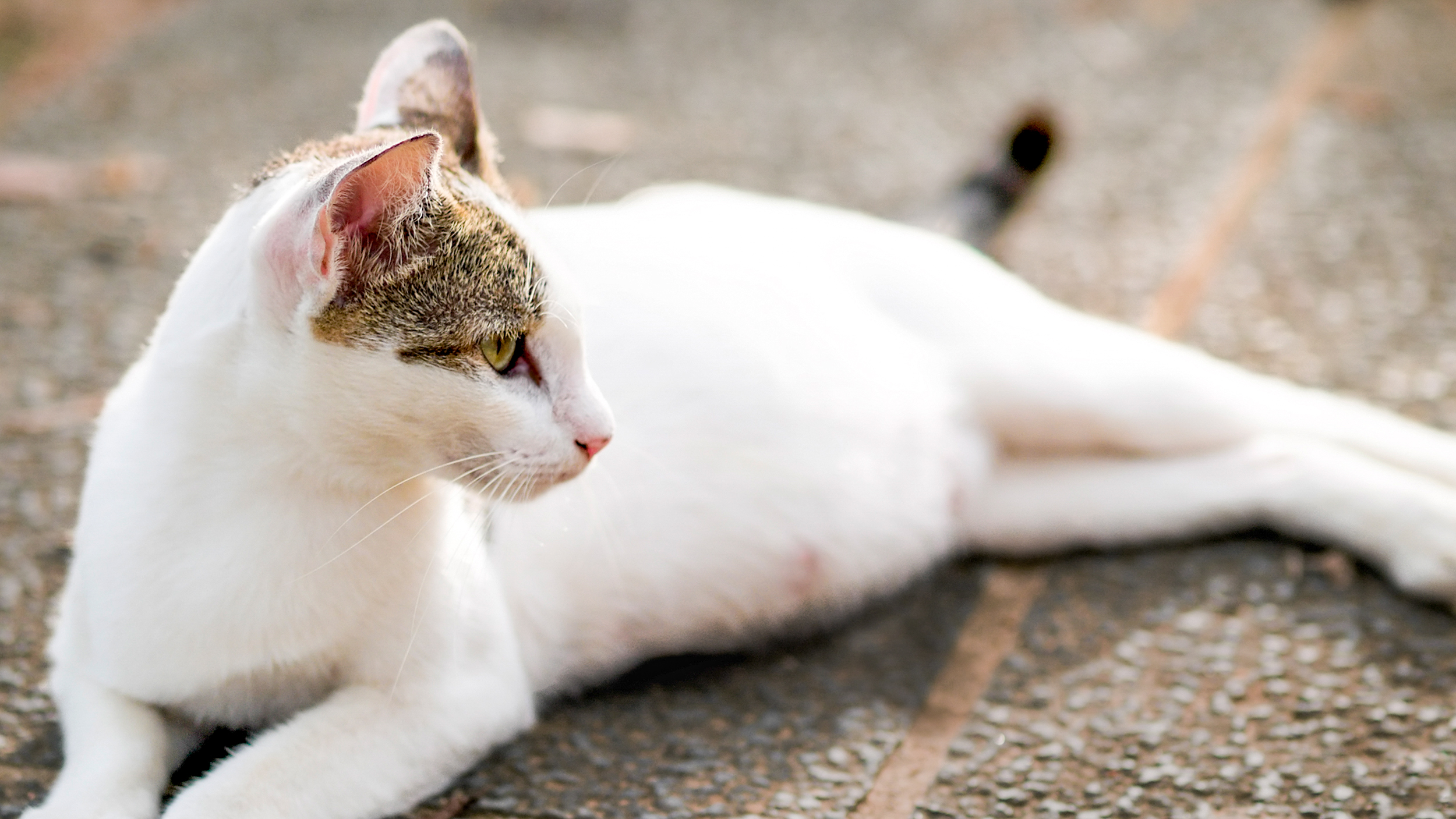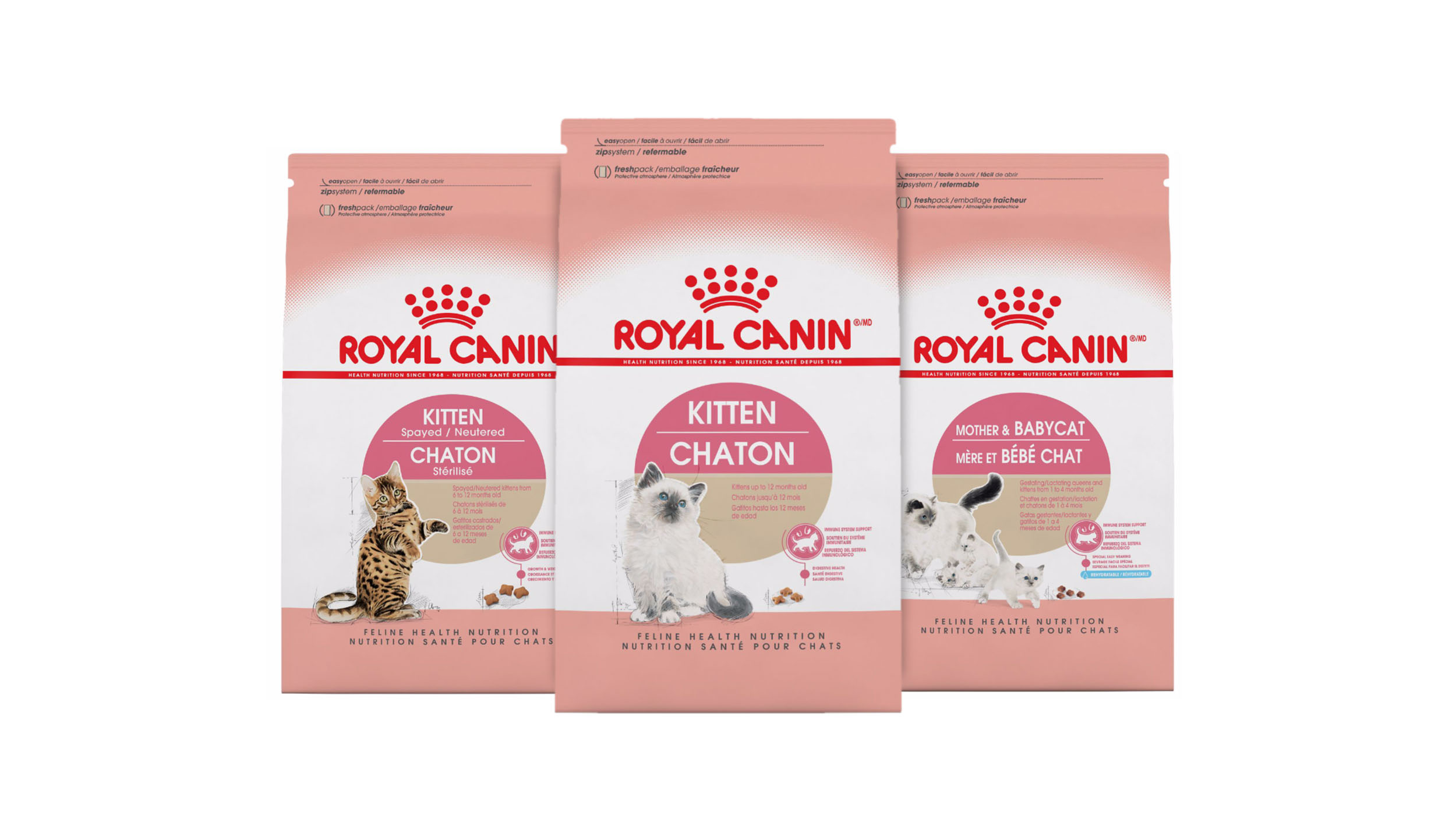Нега и храњење трудне мачке

Чим сазнате да имате скотну мачку, можете почети да се бринете о томе да новорођенчад имају најбољи могући почетак, помоћу пажљивог управљања исхраном и храњења мачке.
Шта се дешава током трудноће мачке
Трудноћа мачке у просеку траје око 65 дана, иако може трајати од 61 до 72 дана. Током прве две трећине трудноће, њено тело је усредсређено на повећање тежине како би се припремило за мачиће. У последњој трећини, свака тежина коју добије директно долази од раста њеног легла.
Најбољи начин да ваша мачка добије хранљиве материје и повећа телесну тежину која јој је потребна за подршку рођењу и нези мачића је исхрана богата масноћама, али то треба пажљиво надгледати како би се избегло непотребно повећање тежине.
Вођење рачуна о тежини скотне женке
Иако се ваша мачка физички повећава током прве две трећине трудноће, не би требало да добије више од 40% своје идеалне тежине. Гојазност може довести до компликација при порођају мачића, као и до каснијих здравствених проблема мачке. Стога је избор праве хране и храњење трудне мачке на прави начин од суштинског значаја за заштиту њеног здравља и здравља новорођенчади.
Чиме и како да храните своју трудну мачку
На почетку њене трудноће, мачку би требало да храните храном богатом масноћама, посебно формулисаном да подржи трудноћу, а касније и производњу млека за исхрану њених мачића. Пребаците је на ову храну постепено је мешајући са постојећом храном, почињући са 25% нове и 75% постојеће хране. Проценат нове хране можете повећавати током пет до седам дана док не достигне 100%. Ово помаже у смањењу дигестивних тегоба које могу да изазову нагле промене у исхрани.
Како ваша мачка пролази кроз трудноћу, њене енергетске потребе ће се повећавати за око 10% сваке недеље. До последње фазе гестације, она ће уносити 70% више енергије него што је уобичајено. Енергетски густа храна може помоћи да се то оствари без додавања непотребне количине хране, коју би било тешко сварити.

Редовно мерите мачку и прилагођавајте јој порције хране; ово ће помоћи да избегнете да се превише угоји током трудноће. Такође треба да је храните користећи исту рутину коју сте већ успоставили: у одређено доба дана и на одређеном месту. Уверите се да такође има довољно воде на располагању.
Храњење мачке након што се окоти
Након што мачићи роде, ваша мачка ће одмах почети да их доји и производиће до четвртину литра млека сваког дана. Ово драматично утиче на њене прехрамбене потребе, које се могу повећати два или три пута.
Током дојења, требало би да је храните „ad lib“ – то јест, без ограничења – јер ће морати да једе знатно више него обично. Изаберите висококвалитетну, високоенергетску храну која садржи праве хранљиве састојке и масне киселине које су њеном телу потребне за производњу млека и побрините се да је вратите на уобичајену храну при крају периода дојења.
Важно је одржавати контакт са ветеринаром и водити мачку на редовне контроле како бисте били сигурни да су она и мачићи здрави. Ако нисте сигурни који је најбољи начин да храните скотну мачку, обратите се ветеринару, који ће хтети и моћи да вам помогне.

Прилагођена исхрана за ваше маче
Нутритивне формуле које помажу у изградњи природног имунитета, које подржавају здрав раст и помажу у развоју система за варење.
Лајкуј и подели страницу